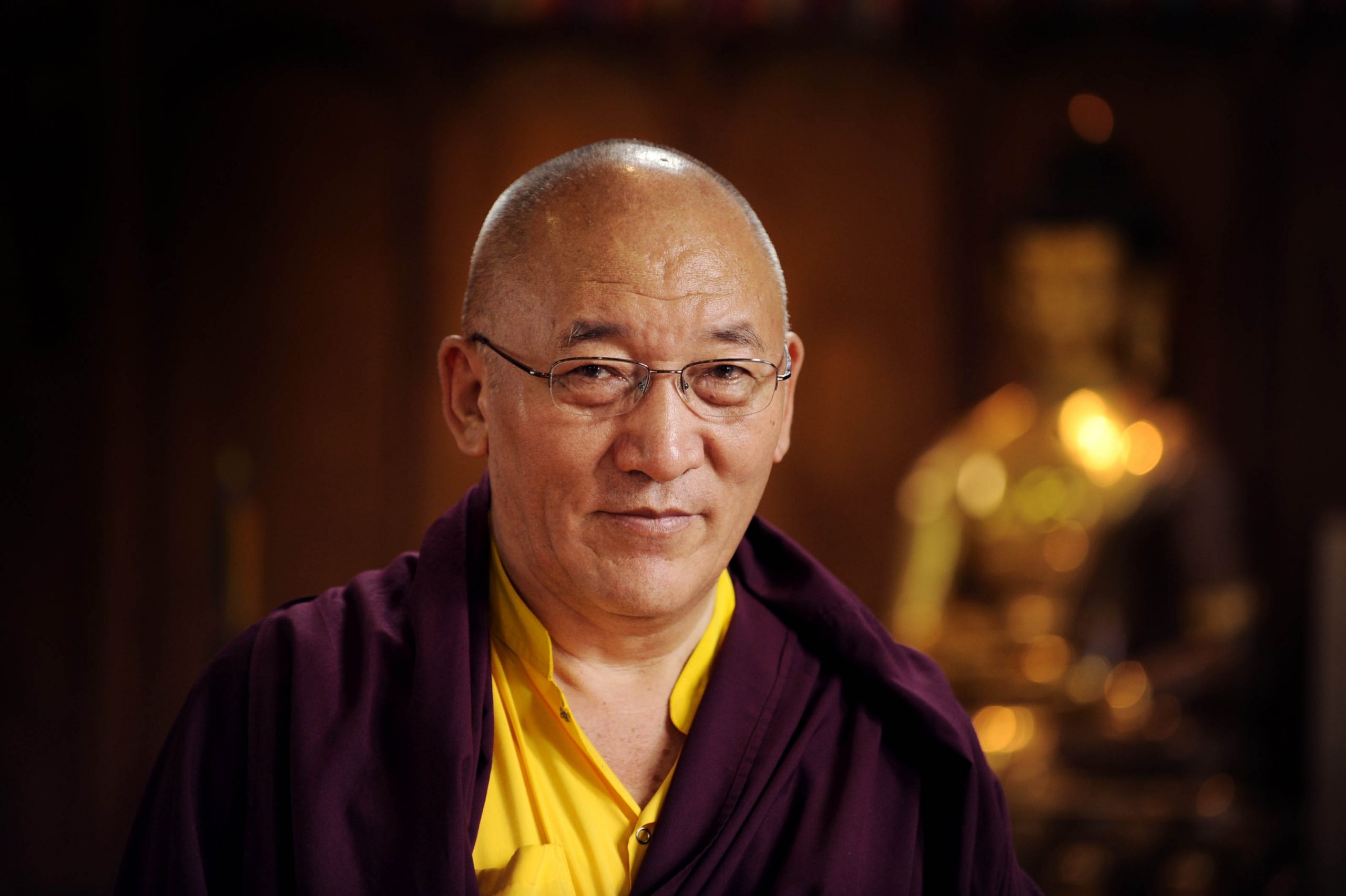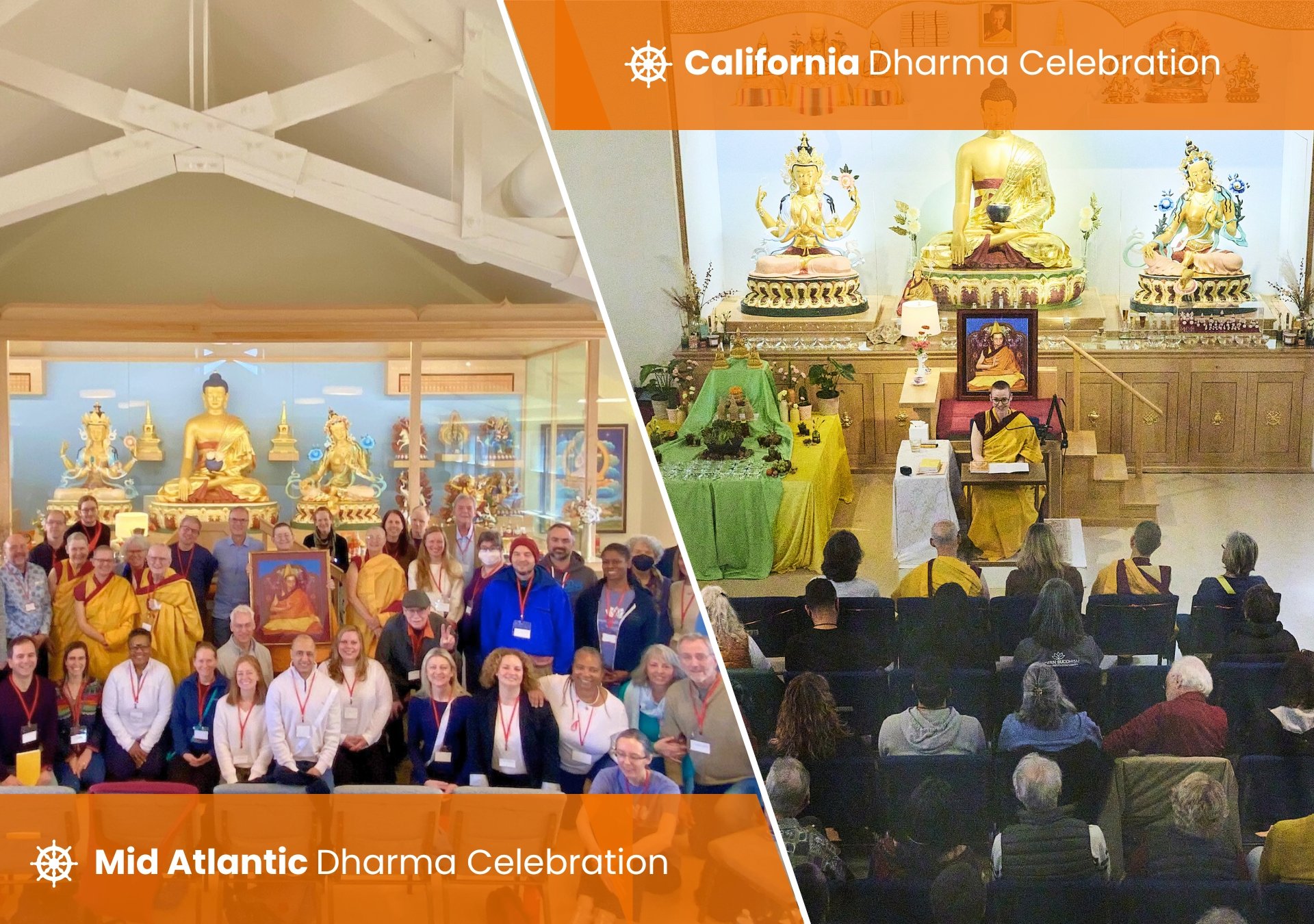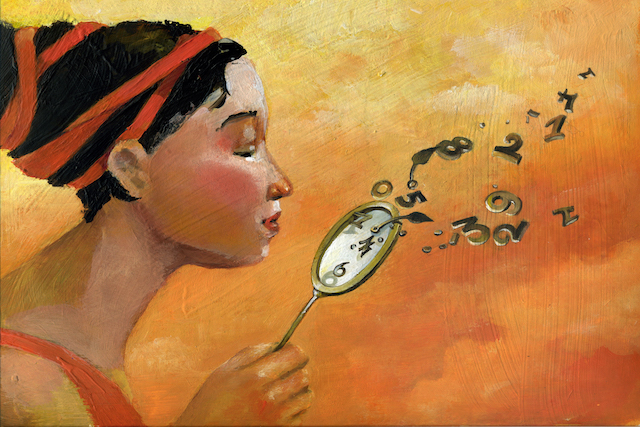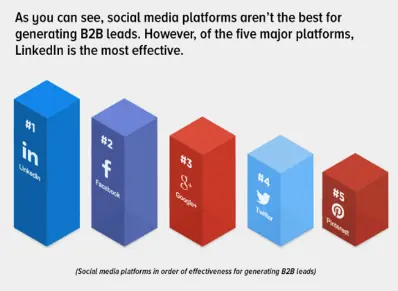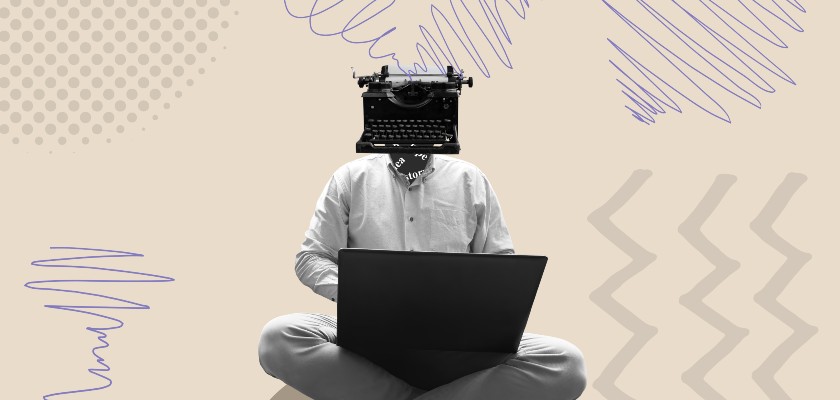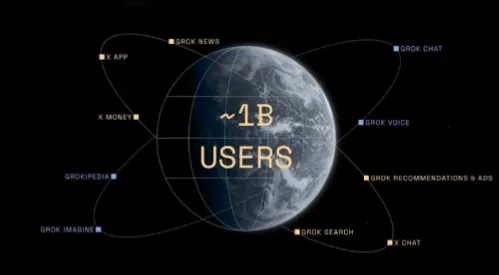When Memory Fails Us
Mark Amaratunga explores the strange phenomenon of the Mandela Effect—collective false memories that reveal the fluid, constructed nature of perception. The post When Memory Fails Us appeared first on Lion’s Roar.
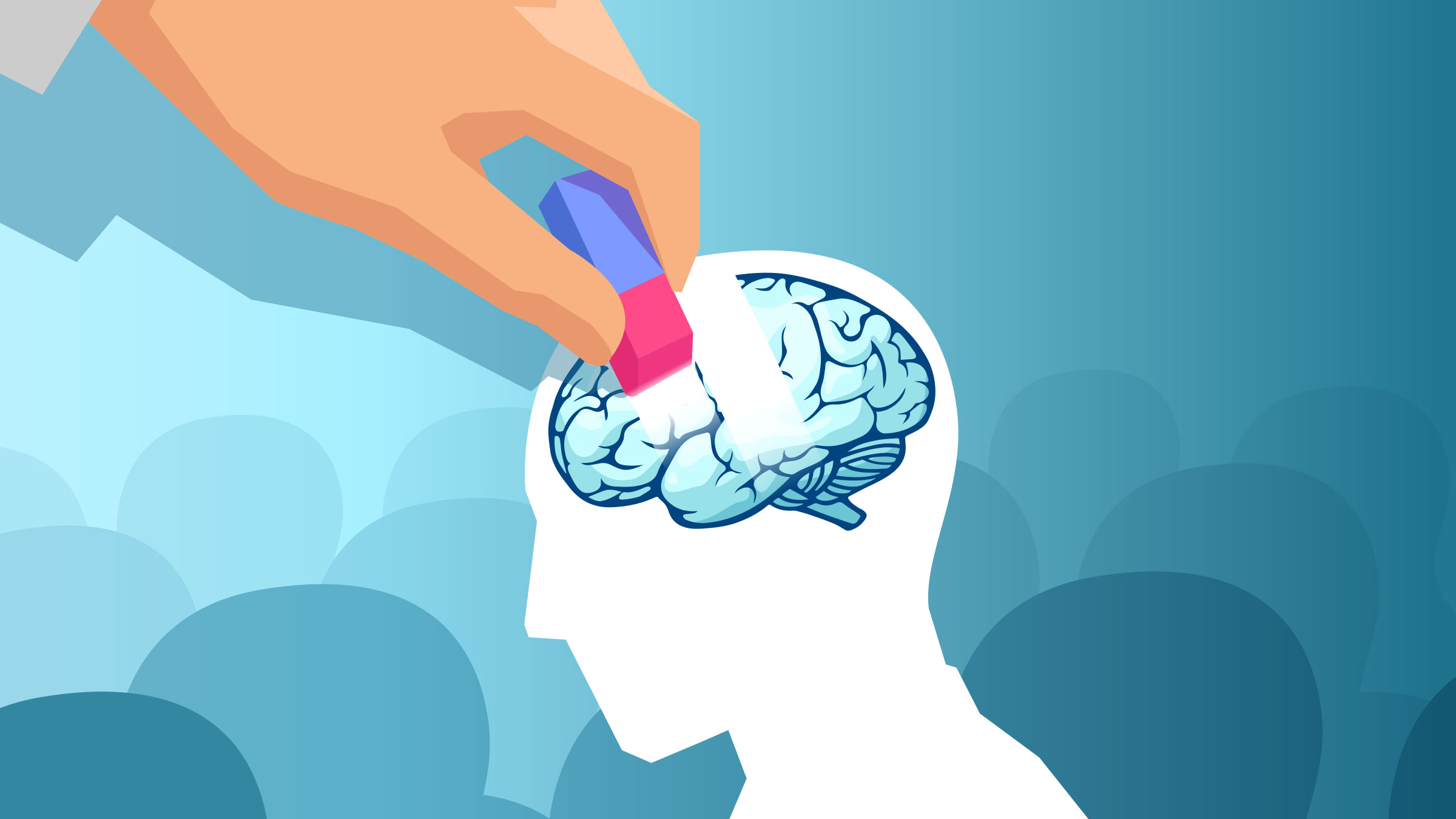
“Luke, I am your father.”
If you recognize this as Darth Vader’s famous line from The Empire Strikes Back, you’re in good company—and you’re also wrong. The actual line is “No, I am your father.” This isn’t just a trivial mistake. It’s an example of what’s called the Mandela Effect, where large groups of people share the same false memory.
The phenomenon is named after a widespread misconception that Nelson Mandela died in prison in the 1980s, when he actually lived until 2013. Research shows that the majority of us experience some version of this effect, with one study finding that 76 percent of adults make at least one detectable error when recalling information.
These collective false memories offer a powerful doorway into one of Buddhism’s most profound teachings: our perception of reality is constructed—not discovered.
The Constructed Nature of Memory
I watched a recent televised interview where a journalist described visiting my parents’ home after my father, also a journalist, was killed during a turbulent political period in Sri Lanka. The reporter shared vivid details about what happened inside our home based on what he’d heard from my family—but his account was wrong. Was he deliberately lying? Or was his mind constructing a false memory that felt entirely real to him after more than thirty years?
This question led me to explore how memory actually works. Cognitive science tells us that memory isn’t like a video recording that plays back exactly what happened. Instead, remembering is an active process of reconstruction, influenced by suggestions, expectations, and narrative coherence.
Each time we recall something, we’re not retrieving a fixed record—we’re actually creating it anew, weaving together fragments of experience, emotion, and imagination. This understanding of memory as construction rather than retrieval aligns remarkably with what the Buddha taught 2,500 years ago.
The Buddha described how our experience is constructed through a process he called dependent origination. At the root of this process is ignorance or delusion, which gives rise to mental formations or fabrications. With mental formations, the mind constructs and assembles experience.
This teaching forms a comprehensive framework not only to explain the cause of suffering but also to show the path to freedom. When we mistake mental formations for fixed, independent realities, we suffer. We cling to our memories and perceptions as if they were solid and unchanging, yet they are fluid, conditioned processes.
In the Madhupindika Sutta, the Buddha explained: “What one feels, that one perceives; what one perceives, that one thinks about; what one thinks about, that one mentally proliferates.” This describes exactly how memory works—an initial impression is shaped by feeling, then thinking, and then further mental elaboration, ultimately forming what we believe to be reality.
Healing Relationship Conflicts
Understanding the constructed nature of memory has profound implications for our daily lives. How often have you argued with someone about “what really happened,” each of you convinced your memory is correct? These conflicts arise because we mistake our mental constructions for objective truth.
When we recognize that everyone’s memories are fabrications rather than recordings, we can approach conflict differently. Instead of fighting over whose version is “right,” we can acknowledge that people construct different memories of the same event, shaped by their unique perspectives and conditioning.
A meditation student I know described a breakthrough with her sister: “We’d argued for years about childhood events; each convinced the other was either lying or delusional. Understanding memory as construction allowed us to say, ‘We each experienced this differently,’ without anyone having to be wrong.”
That being said, recognizing the mind’s role in shaping experience isn’t about abandoning conventional reality. While memory is conditioned and subjective, this does not mean all truth is unknowable or purely relative. Buddhism distinguishes between ultimate reality—the deeper, fluid nature of existence—and conventional reality, which enables everyday functioning. While we should approach personal memories with humility, historical inquiry remains valid—we can compare sources, cross-check evidence, and recognize patterns that distinguish subjective recollections from objective events.
The Freedom of Seeing Construction as Construction
We all carry stories about ourselves, constructed from selective memories: “I’ve always been a failure,” “I can never trust others,” or “I’m not creative.” When we recognize these narratives as mental constructions rather than fixed truths, we gain the freedom to question and revise them.
The memories these stories are built upon aren’t simply recordings of past events—they’re constructions shaped by many factors, including our current state of mind. By seeing them as mental formations rather than solid facts, we can let go of limiting identities.
Mindfulness practice becomes more powerful when we understand the constructed nature of experience. Rather than getting caught in elaborate mental fabrications about the past or future, we can return to direct experience of the present moment.
When we notice ourselves lost in memory or anticipation, we can gently remind ourselves, “This is a mental formation,” and return to what’s actually happening now. This doesn’t mean dismissing thoughts as unimportant—it means seeing them clearly for what they are: constructions, not fixed realities.
The key insight isn’t about rejecting memory or identifying which memories are “real.” It’s about recognizing that all memories are constructed. The Buddha taught that liberation comes from seeing clearly how experience is fabricated—not from having perfect recall or the “correct” interpretation of events.
When we recognize memory as mental formations, we can use memory as a tool without being trapped by it. We can connect with others even when our recollections differ. We can build identities that serve us rather than limit us.
This understanding doesn’t invalidate conventional reality. We still need to function in a world of apparent objects and beings. But we can do so with greater wisdom and compassion, knowing that what we take to be solid fact is actually a fabricated experience arising from conditions.
Ultimately, perhaps the greatest gift of the Mandela Effect isn’t simply showing us how wrong we can be—it reveals how the mind’s creative nature both fabricates our suffering and, when seen clearly, offers the path to freedom.
Mark Amaratunga is a scientist and meditation practitioner who has roots in Sri Lanka. With twenty years of experience exploring the intersection of Buddhist wisdom and Western psychology, he focuses on how ancient teachings illuminate modern cognitive phenomena and offer practical paths to greater awareness in daily life.

 BigThink
BigThink 








